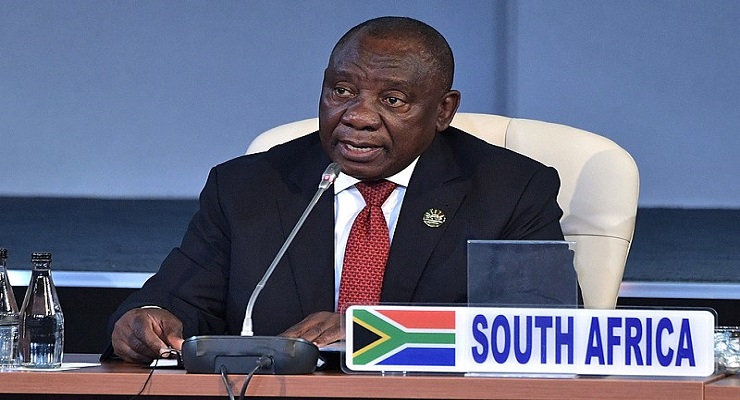
On Wednesday 31 July 2018, South Africa’s President Cyril Ramaphosa of the ruling African National Congress (ANC) announced a controversial amendment to the Constitution. Behind this amendment is the expropriation of white-owned land without compensation. The Constitution currently forbids the government to expropriate without due compensation.
Several analysts have said that the constitutional amendment is effectively geared towards easing the land reform drive. These arguments caused the South African currency, the Rand, to plummet as investors fear South Africa risks a Zimbabwe-style land reform disaster. But, during his State of the Nation Address on 16 February 2018 Ramaphosa had stated that he was going to proceed with the expropriation of land without compensation.
It is believed that Ramaphosa has taken this stand under pressure from the Economic Freedom Fighters (EFF) in order to be seen as addressing the popular issue. However, the restitution of land has always been a part of the ANC struggle.
The background of the current push has been the public belief that the ANC has largely been unsuccessful in negotiations with white landowners. Previous programs like the “willing buyer, willing seller” were largely unsuccessful.
South Africa’s white population is only 9 percent of the total population but 72 percent of private land is held by whites who have for centuries used it for agriculture. Black labour is still mostly apparent only in running the farms often for very little pay.
Ramaphosa has claimed that proceeding with the expropriation was to correct this historical injustice. However, concerns exist on what might risk becoming a politicised process of reforms. The land clearly originally belonged to the black population, but the colonial past remains impossible to ignore in South Africa.
Leave a Reply